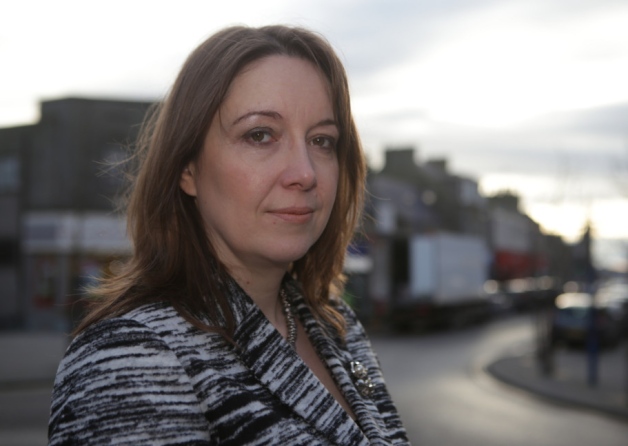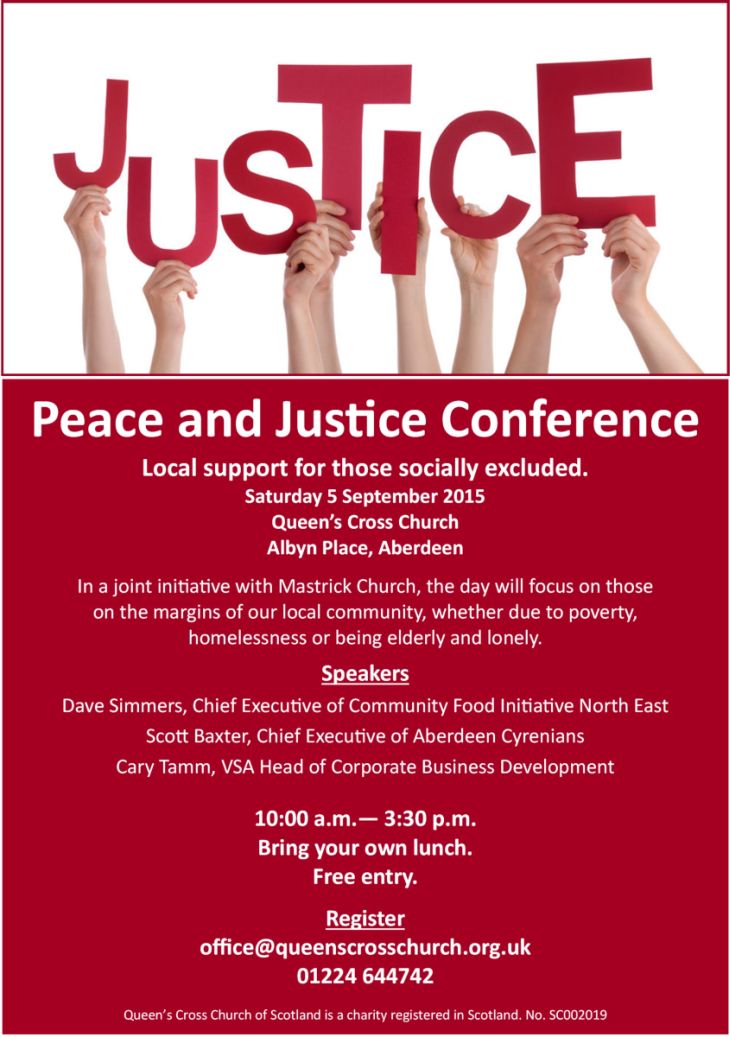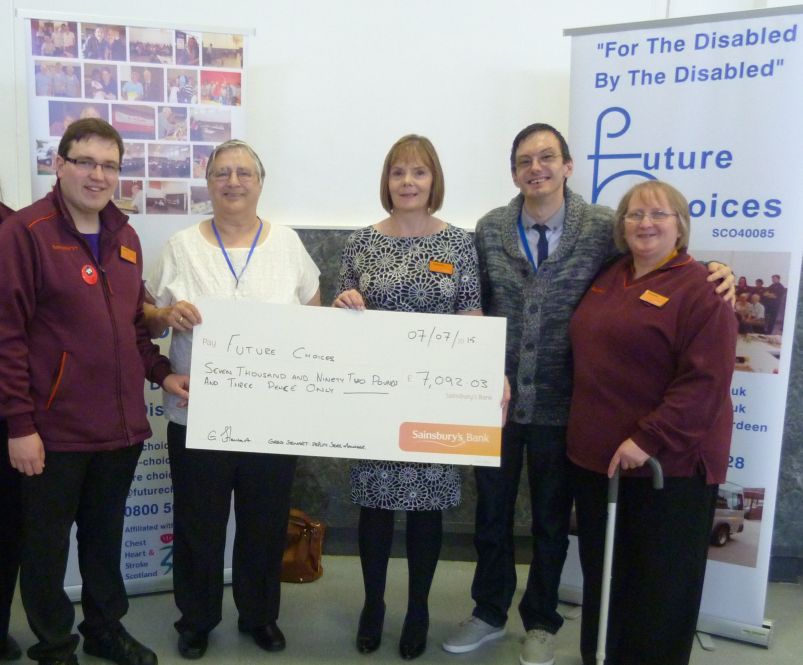Depression And Suicide – Is Aberdeen Really ‘The Happiest City In Scotland’? By Anne Carter.
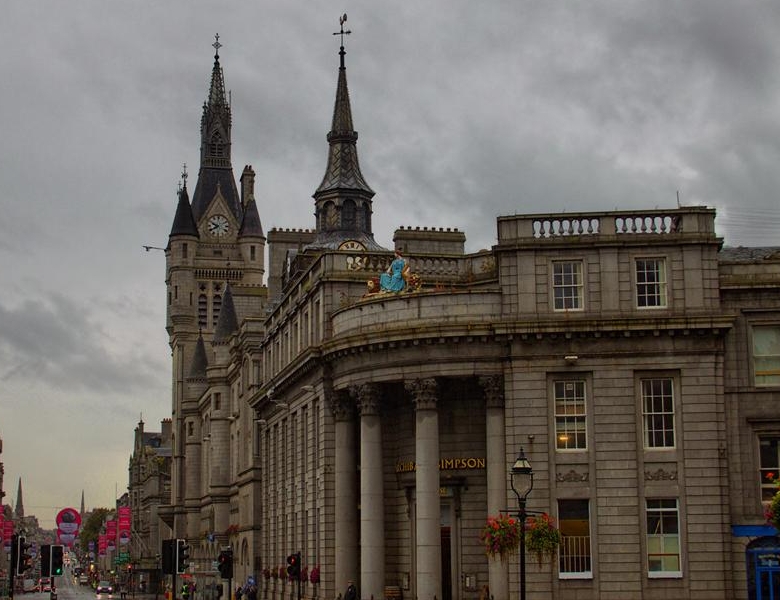 All over the world, people are falling prey to the terrible malaise of depression, and losing their lives to suicidal impulses. Statistically, Scotland is the worst affected part of the UK, with more depressed people and suicide attempts per capita than anywhere else in Britain.
All over the world, people are falling prey to the terrible malaise of depression, and losing their lives to suicidal impulses. Statistically, Scotland is the worst affected part of the UK, with more depressed people and suicide attempts per capita than anywhere else in Britain.
This has consistently been the case for a good decade or so, and it does not seem to be improving [1].
Aberdeen, however, for all of its dour, grey reputation [2], appears on the face of it to be bucking the overall trend.
Unemployment in Aberdeen is low, and disposable income is relatively high for certain sectors within the town. This would seem to indicate that Aberdeen is a generally happier, less depressed area than other Scottish towns. But are we letting materialistic assessments blind us to other issues which may be of real concern to the vulnerable of Aberdeen?
Risk Factors:
There are several factors which put people at risk of depression and suicide. Unemployment is one of these, and Aberdeen has an impressively low unemployment rate [3]. Older people are also vulnerable to depression [4], and – unusually for a coastal town – Aberdeen’s elderly population is relatively low. Students and younger oil-workers on the make tend to predominate.
Low average income is also a factor which tends to affect depression statistics within a given region, and Aberdeen has a reasonably high average income. Indeed, it boasts the highest concentration of millionaires in the UK. All in all, it would seem that Aberdeen is ideally situated to avoid the depression epidemic currently sweeping the rest of Scotland.
However, to view just this broader picture is to fail to take the nuances into account – and the nuances are all important when it comes to the mental health of individuals.
Inequality:
Going purely by averages, Aberdeen is doing pretty well. But there is an insidious undercurrent to this ostensibly happily booming town which must be taken into account. Aberdeen has one of the most unequal pay structures in the UK [5], which means that for those at the bottom end, life is extremely hard indeed. The cost of living in this rich city is, not incomprehensibly, high, so those who do the necessary but poorly paid jobs of Aberdeen really struggle to get by.
The polarisation of wages and the general inequality means that, while Aberdeen may on average be richer and have higher employment rates than the rest of the UK, some of those adding to the employment statistics are struggling to get by on very little disposable income, comparatively speaking. As such, their risk of suicide is significantly higher than average, money issues being tremendously stressful and a big contributer towards depression.
Furthermore, Aberdeen has a significant issue with binge-drinking and alcoholism, both of which are known to enhance someone’s risk of suicide. Aberdeen’s glaring gap between rich and poor, and the general level of equality in the town means that, for those who do fall into the ‘at risk’ category for depression and suicide, they tend to be at more risk than average.
Union Bridge:
In 2013, the Council was so concerned about the high number of suicides who took their lives at Union Bridge that they held a debate upon the matter [6]. Various suicide prevention measures were proposed, including nets (the favoured option of the police) and a fence.
Between 2008 and 2013, over 100 people jumped or attempted to jump from the bridge. Unfortunately, the bridge continues to attract those determined to take their own lives – its combination of height and passing trains seeming to guarantee a speedy demise. Many more Aberdonians take their lives each year through other means.
While Aberdeen has by no means the highest suicide rate in Scotland – far from it – it is notable that the route from depression to suicide appears to be a lot faster in Aberdeen’s intensely polarised socio-economic environment. While we may ostensibly be the ‘happiest town in Scotland’, it may be worth appreciating that the flipside of that happiness is not nice. Aberdeen is not invulnerable, and we need to look after those who are suffering within our community.
[1] BBC News, “Scots suicide rate highest in UK”, Aug 2006
[2] Tim Pauling, “Aberdeen named the most dismal town in Scotland”, Press And Journal, Feb 2015
[3] Kevin McKenna, “Aberdeen is the happiest place in Scotland…and that’s no joke”, The Guardian, Nov 2012
[4] PsychGuides, “Living With: Depression In Older Adults”
[5] Neil Lee, Paul Sissons, Katy Jones, “Wage inequality and employment polarisation in British cities”, The Work Foundation, May 2013
[6] Iona Paterson, “Suicide Rates Force City Council Debate”, The Tab, Oct 2013
- Comments enabled – see comments box below. Note, all comments will be moderated.
[Aberdeen Voice accepts and welcomes contributions from all sides/angles pertaining to any issue. Views and opinions expressed in any article are entirely those of the writer/contributor, and inclusion in our publication does not constitute support or endorsement of these by Aberdeen Voice as an organisation or any of its team members.]
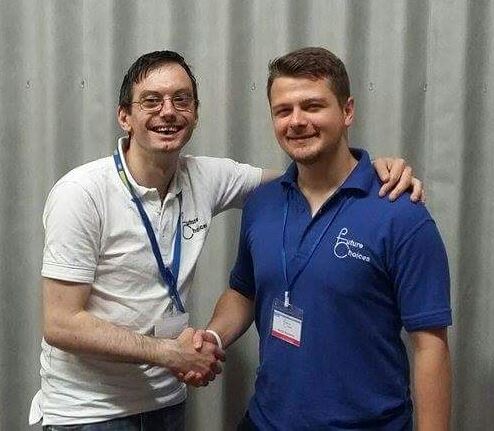 Voluntary Disabled Charity Future Choices Celebrates it’s Eighth Year this year with the introduction of it’s youngest committee member taking up the role of Vice Chairman.
Voluntary Disabled Charity Future Choices Celebrates it’s Eighth Year this year with the introduction of it’s youngest committee member taking up the role of Vice Chairman.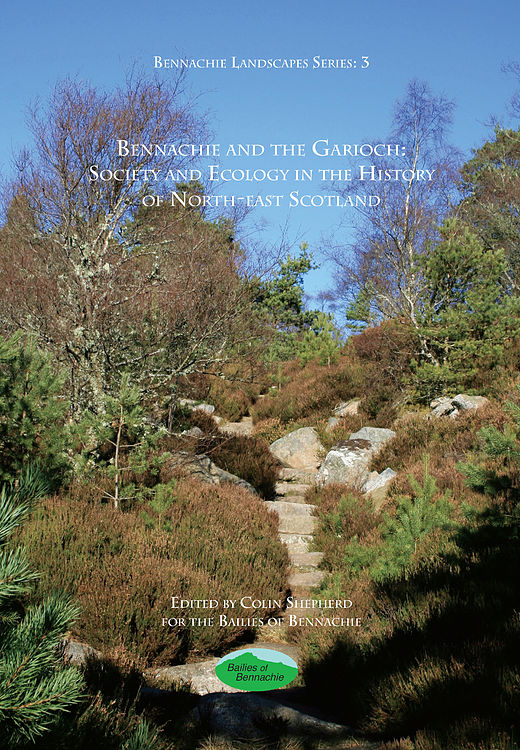

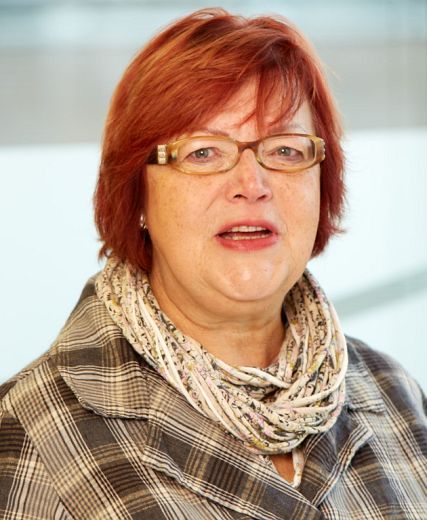
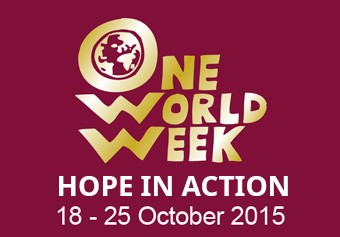
![Eilidh Whiteford, Parliament [2015]feat](https://aberdeenvoice.com/wp-content/uploads/2015/07/Eilidh-Whiteford-Parliament-2015feat.jpg)

